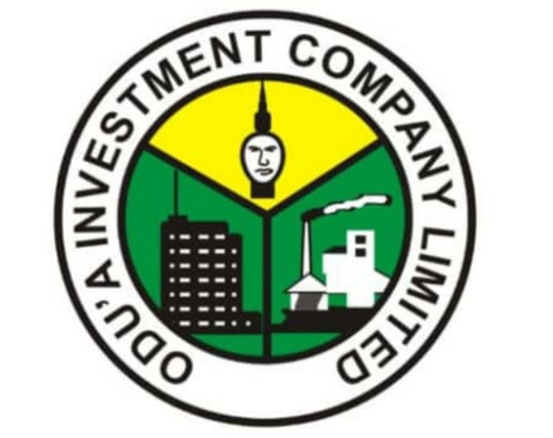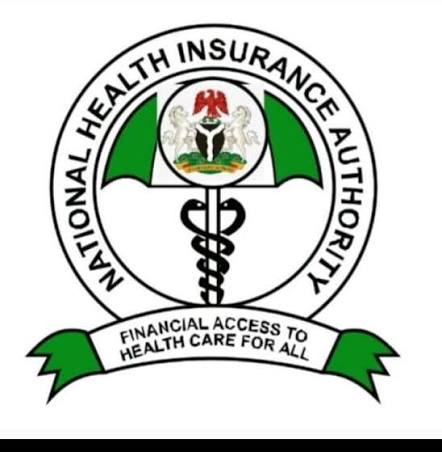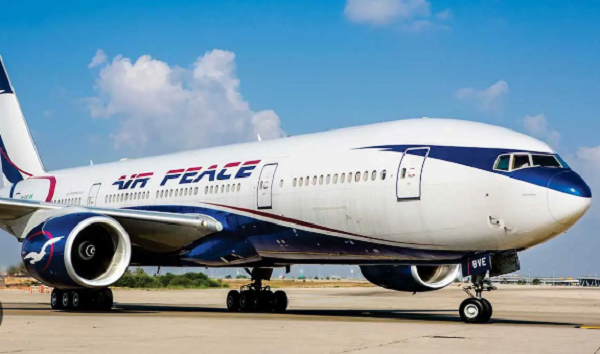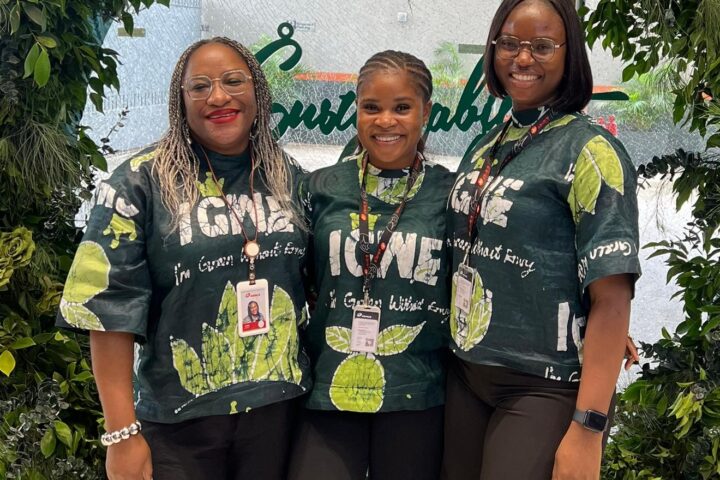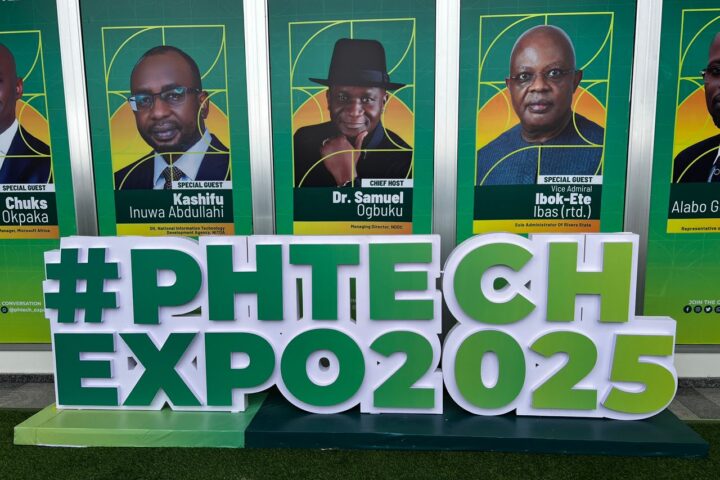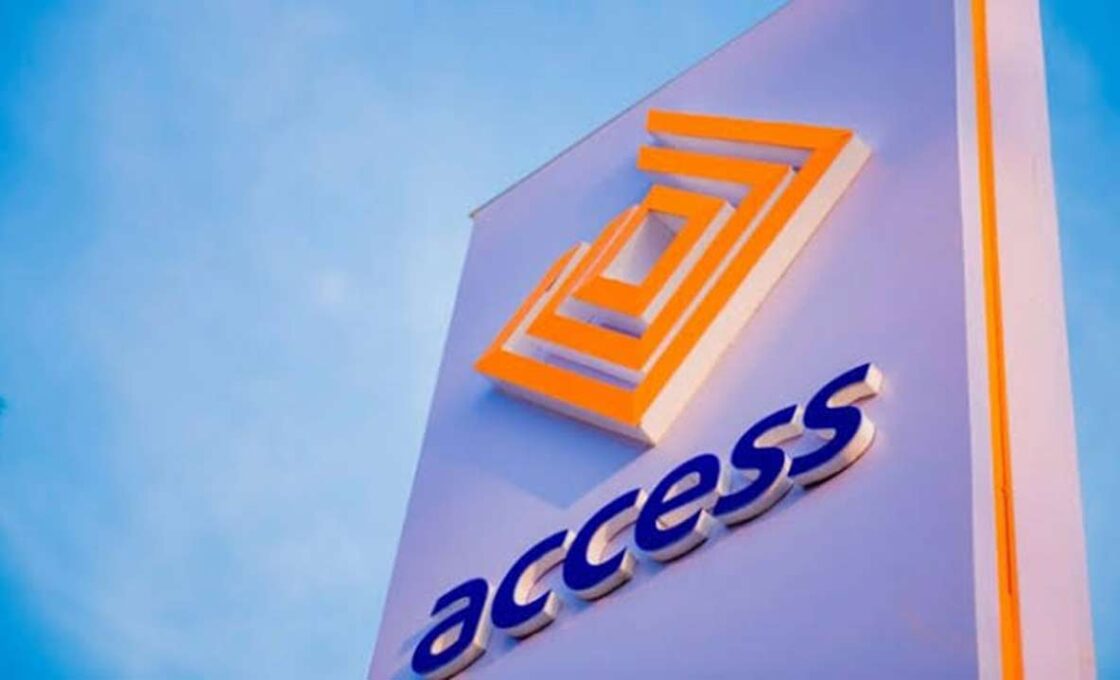
Access Bank Partners AfriGOpay To Strengthen Nigeria’s Payment Ecosystem
Mohammed Shosanya Access Bank has partnered with AfriGOpay, a financial services business affiliated with the Nigeria Inter-Bank Settlement System (NIBSS) to launch the first Nigerian national domestic card designed to meet the


